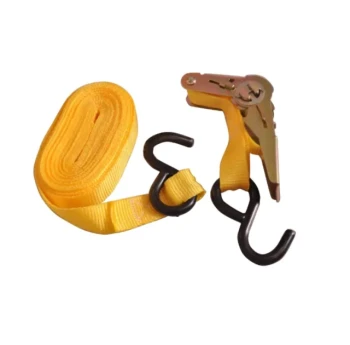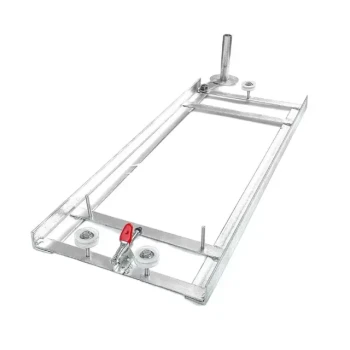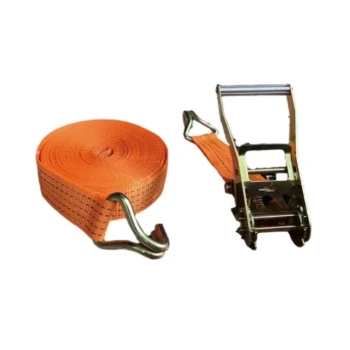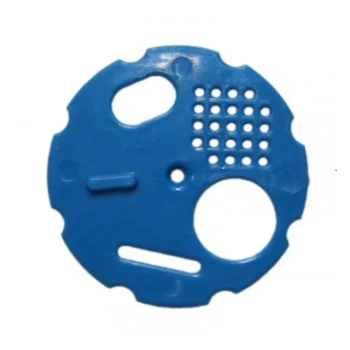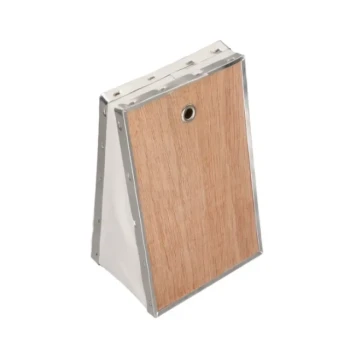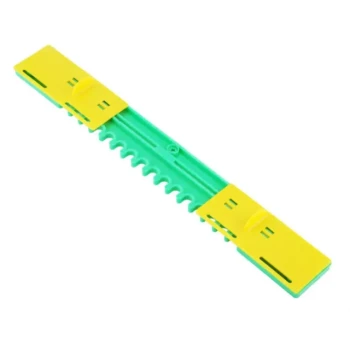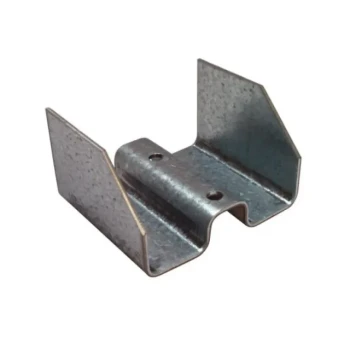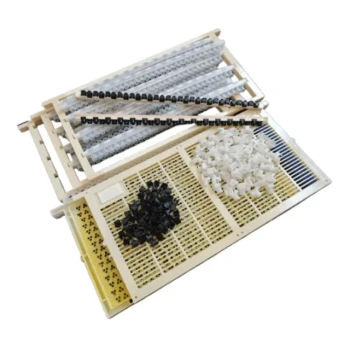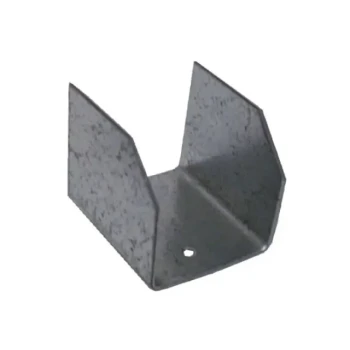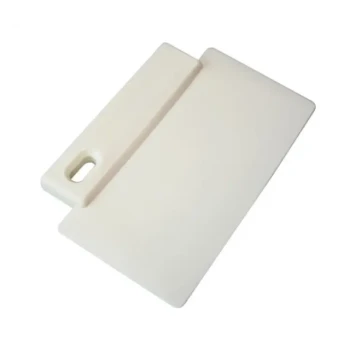The single most important habit for effective beekeeping is entering every hive inspection with a clear, predetermined purpose. Having a specific goal transforms the inspection from a disruptive "look-see" into a focused, efficient assessment that gathers vital information while minimizing stress on the colony and saving you valuable time.
Moving from a reactive check-up to a proactive, purpose-driven inspection is the difference between being a hive visitor and a true colony manager. This shift in mindset minimizes harm to the bees and maximizes your ability to make timely, informed decisions.
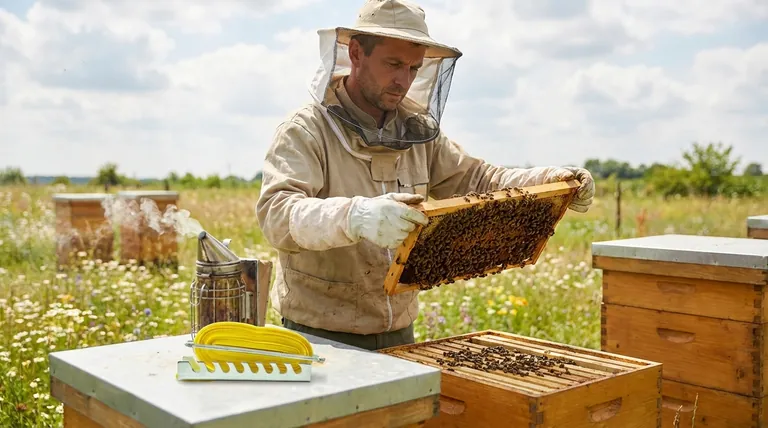
The True Cost of Opening a Hive
Every time you open a hive, you are intruding on a complex, self-regulating superorganism. Understanding the biological cost of this disruption is the foundation for purposeful beekeeping.
Disrupting Colony Cohesion
An open hive breaks the intricate network of pheromones the bees use to communicate. This interruption can halt foraging, stop nurse bees from feeding larvae, and trigger a defensive response that expends precious energy.
Breaking the Propolis Seal
Bees use propolis, a resinous "bee glue," to seal every crack and seam. This creates a barrier against drafts, moisture, and pathogens. When you crack the hive open, you force the colony to spend significant resources rebuilding this critical seal.
Resetting the Thermostat
The brood nest is maintained at a precise temperature (around 95°F or 35°C). An inspection, even a brief one, causes a massive loss of heat and humidity. The colony must work hard to restore this stable environment, diverting energy from other essential tasks.
From "Looking" to "Asking": The Seasonal Purpose
A well-defined purpose is essentially a question you are trying to answer. This question changes based on the time of year and the colony's natural cycle.
The Spring Question: Is the Queen Laying Well?
Early season inspections are about verifying the queen's health. Your purpose is to confirm a solid brood pattern with eggs, larvae, and capped brood, indicating the colony is successfully building its population for the season ahead.
The Summer Question: Do They Have Space?
During the main nectar flow, the key question revolves around space. Your purpose is to check for swarm cells (a sign of overcrowding) and determine if the bees need more supers to store honey. A full hive with no room to expand is a hive that will soon swarm.
The Autumn Question: Do They Have Enough Food?
Fall inspections are purely about winter survival. Your purpose is to assess the weight of the hive and the amount of capped honey stored. This tells you if you need to provide supplemental feeding to ensure they have enough resources to survive the cold months.
The Ongoing Question: Are They Healthy?
Underpinning every inspection is a general health assessment. This means looking for signs of pests like Varroa mites or diseases like chalkbrood. A quick check of the bottom board or a sugar roll can be integrated into any inspection.
Understanding the Trade-offs
While a focused inspection is the goal, you must remain flexible. A rigid plan can sometimes be as detrimental as no plan at all.
The Risk of Tunnel Vision
Focusing too narrowly on one goal, like finding the queen, can cause you to miss other critical signs, such as the early stages of a disease or a dwindling food supply. Always maintain situational awareness.
The Danger of "Inspection Inertia"
Beekeepers can fall into a routine of inspecting every 7-10 days simply because a book said to. If the weather is poor or the colony is thriving with no signs of trouble, extending the interval between inspections is often the better choice.
When to Break Your Plan
If you open a hive to check for honey stores but immediately see evidence of a major pest infestation, your purpose must shift instantly. The most important skill is recognizing when an unexpected observation requires you to abandon your original goal and address a more urgent problem.
Defining Your Purpose Before You Light Your Smoker
Before you approach the hive, take a moment to state your primary objective. This simple act will make you a more efficient and effective beekeeper.
- If your primary focus is colony growth: Your purpose is to confirm the queen is laying and the brood pattern is strong.
- If your primary focus is honey production: Your purpose is to assess nectar storage and prevent swarming by adding space.
- If your primary focus is winter survival: Your purpose is to measure food stores and confirm the colony is pest-free and clustered correctly.
- If you are a new beekeeper learning the craft: Your purpose can be as simple as "observe one frame of brood" or "identify pollen and nectar cells" to build your confidence slowly.
A focused inspection is the mark of a thoughtful and strategic beekeeper.
Summary Table:
| Key Takeaway | Description |
|---|---|
| Minimizes Stress | Reduces disruption to the colony's temperature, pheromone communication, and propolis seal. |
| Saves Time | Transforms inspections from aimless checks into efficient, goal-oriented assessments. |
| Informs Decisions | Provides the specific data needed to manage swarming, health, and food stores proactively. |
| Seasonal Focus | Purpose changes with the season: spring (queen), summer (space), autumn (food). |
Manage your apiary with precision and purpose. Equip your operation with the reliable, high-quality supplies it needs to thrive. HONESTBEE supplies commercial apiaries and beekeeping equipment distributors with the wholesale-focused tools for success. Contact our team today to discuss your needs.
Visual Guide
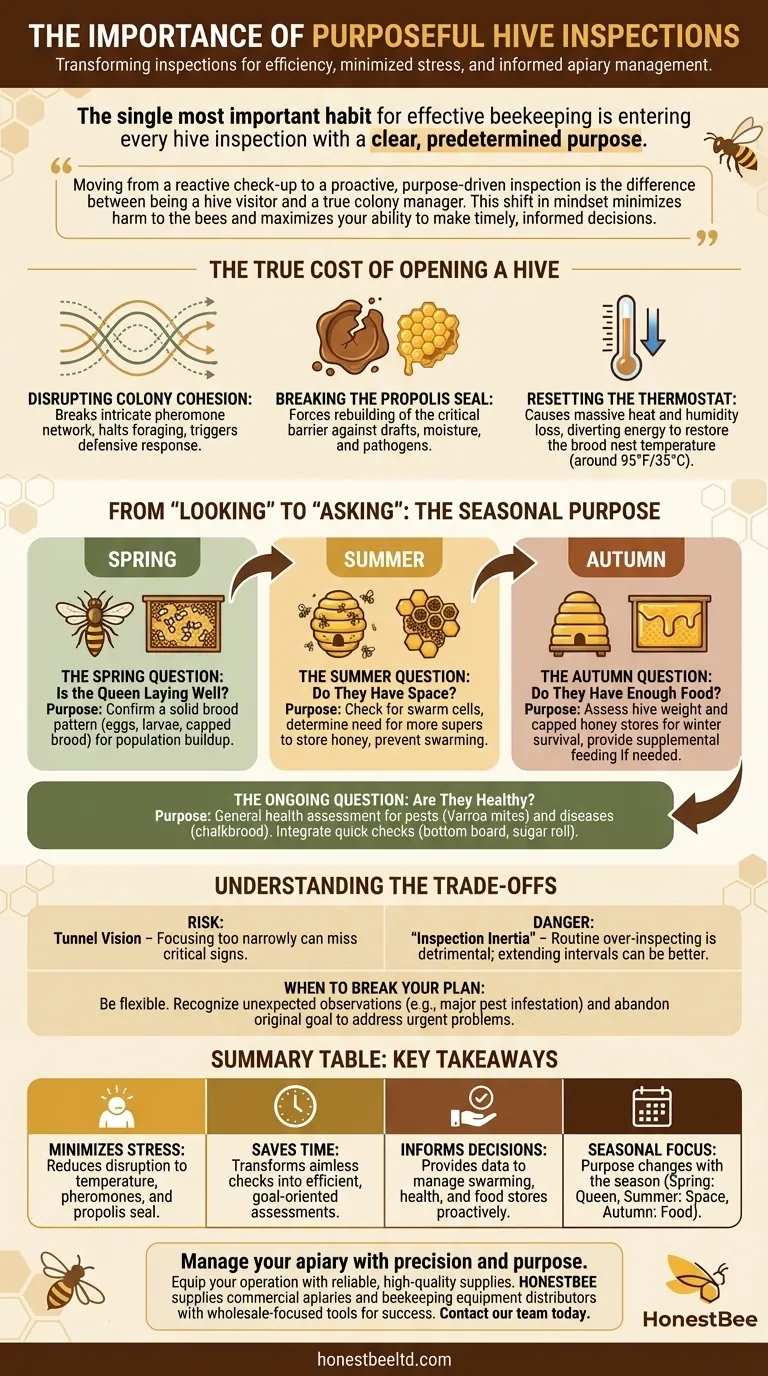
Related Products
- Professional Galvanized Hive Strap with Secure Locking Buckle for Beekeeping
- Versatile Ratchet Hive Strap with S-Hooks for Secure Fastening
- Professional Engraved Round Hive Number Tags for Beekeeping
- Ergonomic Two Person Foldable Hive Lifter
- HONESTBEE Professional Frame Wiring Board and Jig
People Also Ask
- What are hive straps and why are they used? Secure Your Hives Against Wind, Predators, and Transport
- Why are hive straps important for beekeepers? Secure Your Hives Against Wind, Predators & Transport
- What are the types of Emlocks available? Choose the Right Strap for Hive Security
- What is the best length for straps used around beehives? Why 12 Feet is the Industry Standard
- How can a beehive be physically secured against harsh winter weather? Expert Winterizing Strategies for Your Apiary

